| | | | | | November 2019 • Issue No. 11 | | | | | | World Food Day: The Fight Against Food Waste
FLPC Director Emily Broad Leib spoke with Al Jazeera News about ongoing efforts to eliminate food waste. FDA Gearing Up For ‘New Era Of Smarter Food Safety’
Forbes explored the FDA's use of technology and new data tools to improve food safety, citing Emily Broad Leib's recent California Law Review article on food safety. Our Diets are Killing Us and Doctors aren’t Trained to Help
The Hill published an op-ed written by Emily Broad Leib, Stephen Devries, M.D., and Walter Willet, M.D., DrPh. in support of expanding nutrition education for physicians. If Food is Medicine, Why Isn’t It Taught At Medical Schools?
New Food Economy interviewed Emily Broad Leib about FLPC's new report, Doctoring Our Diet: Policy Tools to Include Nutrition in U.S. Medical Training. Doctors Only Spend One Hour Learning About Nutrition in Four Years of Medical School—It’s Not Enough
Well + Good referenced FLPC's new report, Doctoring Our Diet: Policy Tools to Include Nutrition in U.S. Medical Training, in an article about the lack of nutrition curricula in medical education. | | | | | | | | | | | | 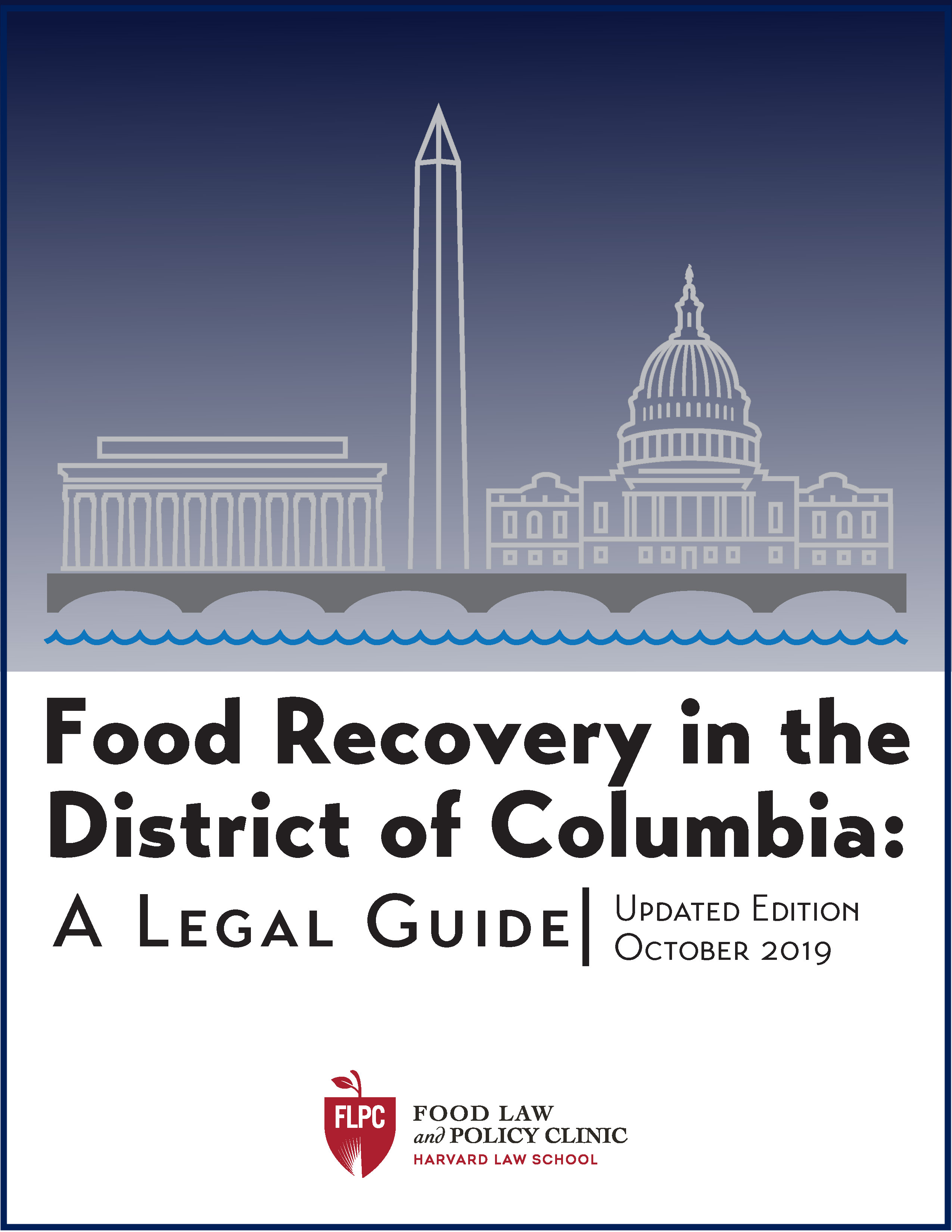 | | This update to FLPC’s 2017 report addresses common legal questions that businesses, schools, and nonprofits often ask about food donation in D.C. The Legal Guide was commissioned by the DC Food Recovery Working Group, a group created to support food recovery efforts in Washington D.C. and the surrounding area. | | | 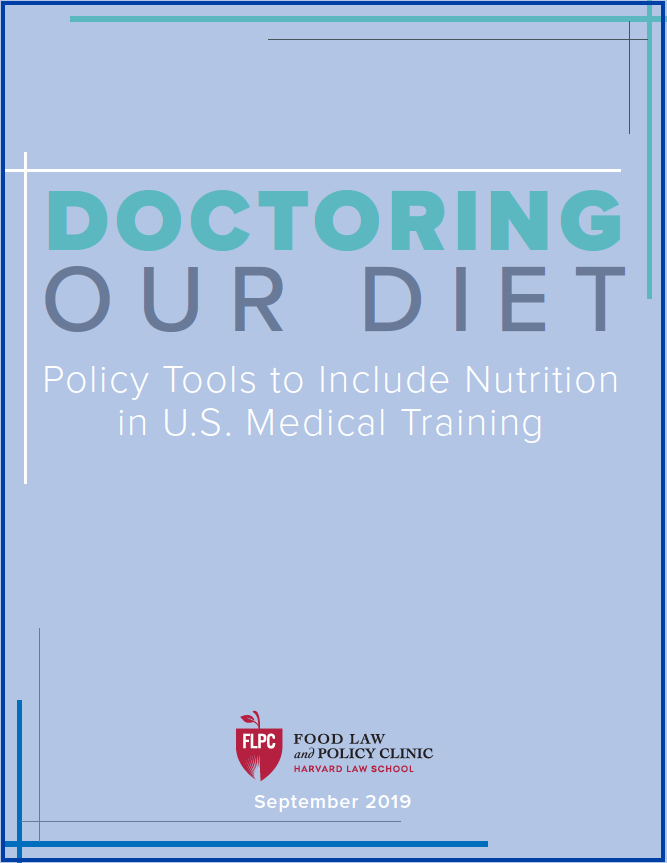 | | FLPC's latest report highlights the shocking lack of nutrition education that doctors receive in school and beyond, despite public perception of doctors as a reliable source of advice on nutrition. Doctoring Our Diet illustrates the impact of this knowledge-gap on healthcare costs and individual patient health, and provides a number of recommendations for federal, state, and non-governmental policymakers to tackle this issue. | | | 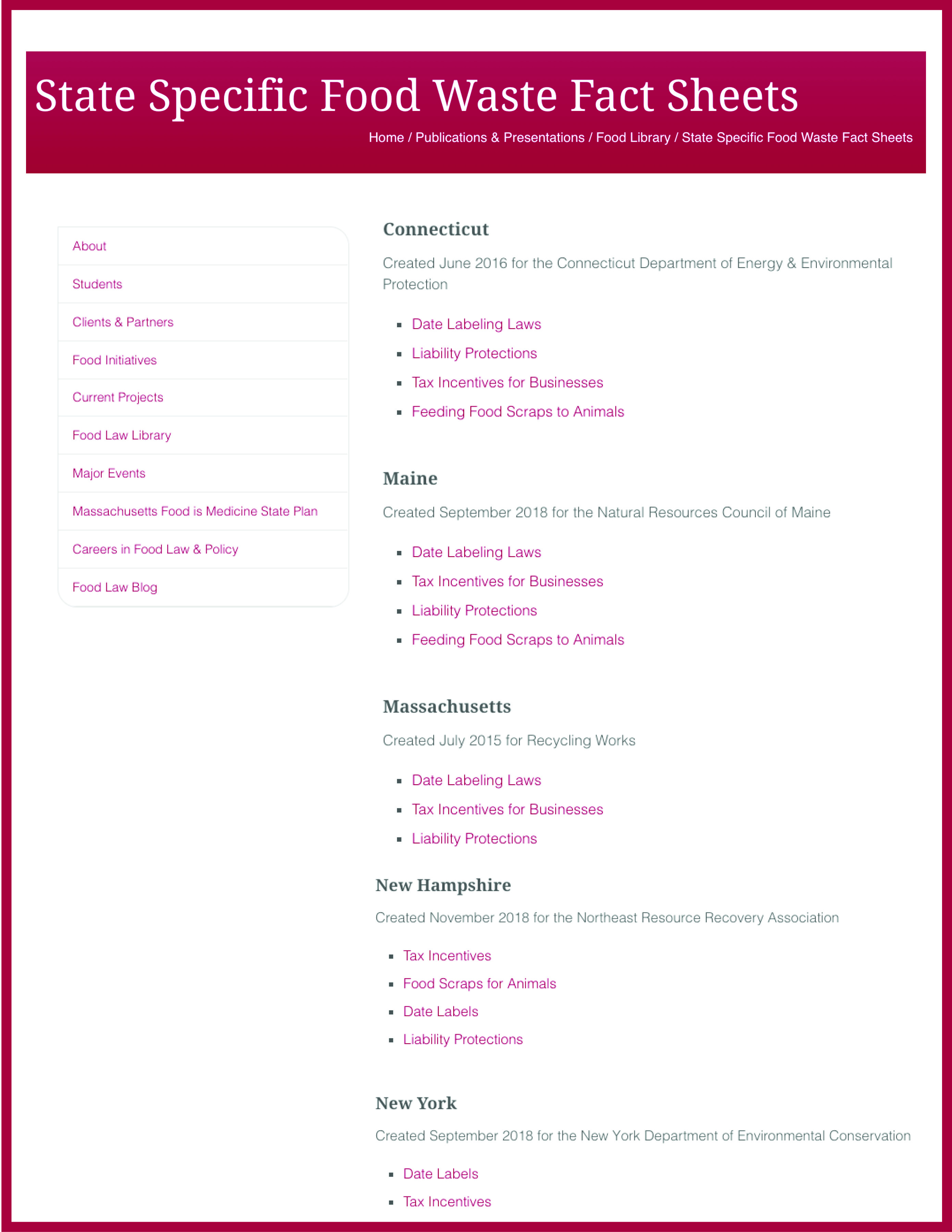 | | FLPC’s state specific guides on food waste are now available on a single web page, making it easy to learn about how different states have used law and policy to address food waste and to compare responses across various jurisdictions. These fact sheets are developed at the request of FLPC’s on-the-ground partners, seeking information about a myriad of food waste-related issues, including: the legal landscapes or liability protection for food donors, feeding food scraps to animals, tax incentives for food donation, and/or expiration date label requirements. | | | | | | | | | | | | 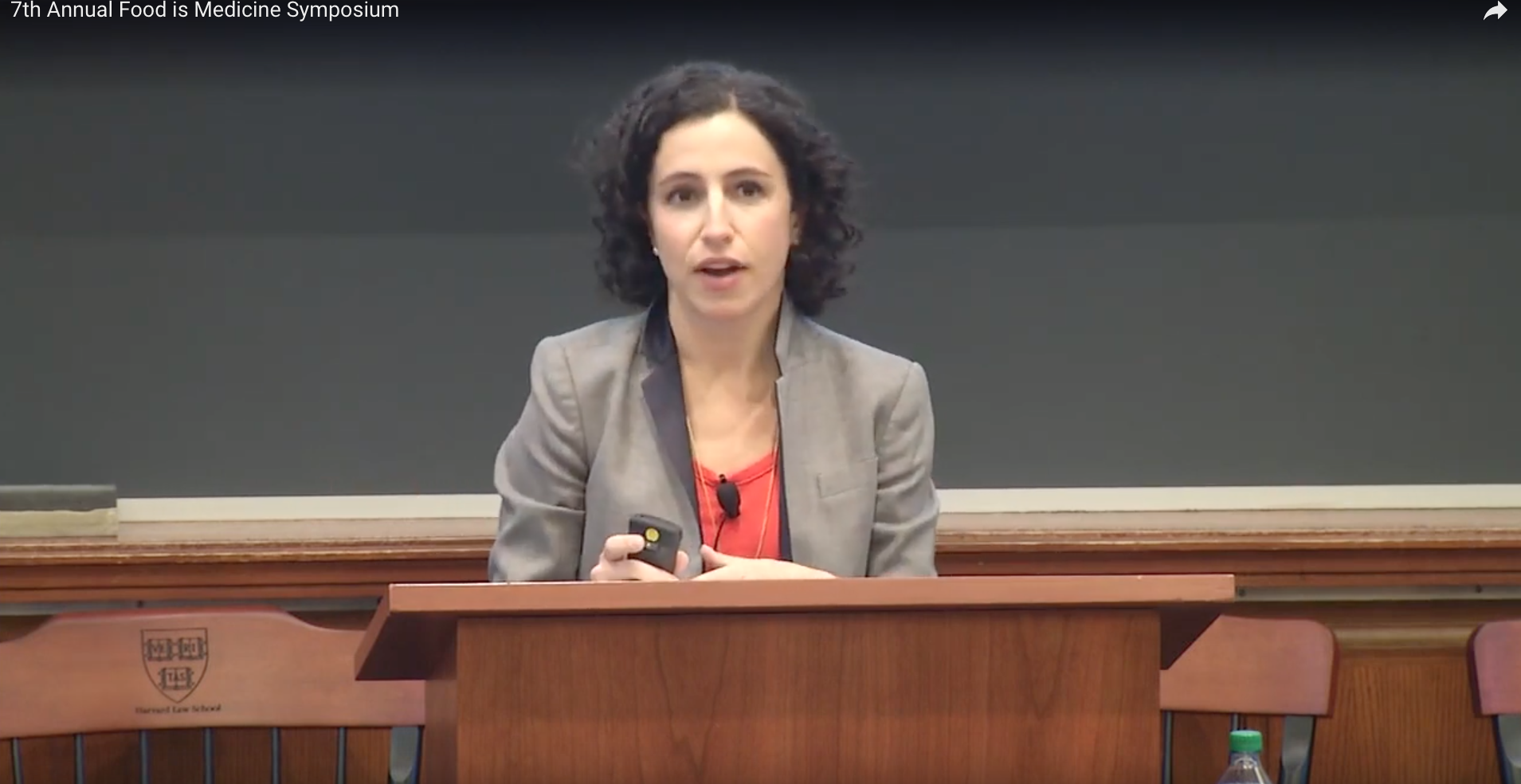 | | (Video recording) This year’s Food is Medicine (FIM) symposium featured highlights and recommendations from CHLPI’s recent Massachusetts Food is Medicine State Plan report, as well as coverage of emerging opportunities and foreseeable challenges for Massachusetts FIM programs due to state Medicaid reforms. | | | 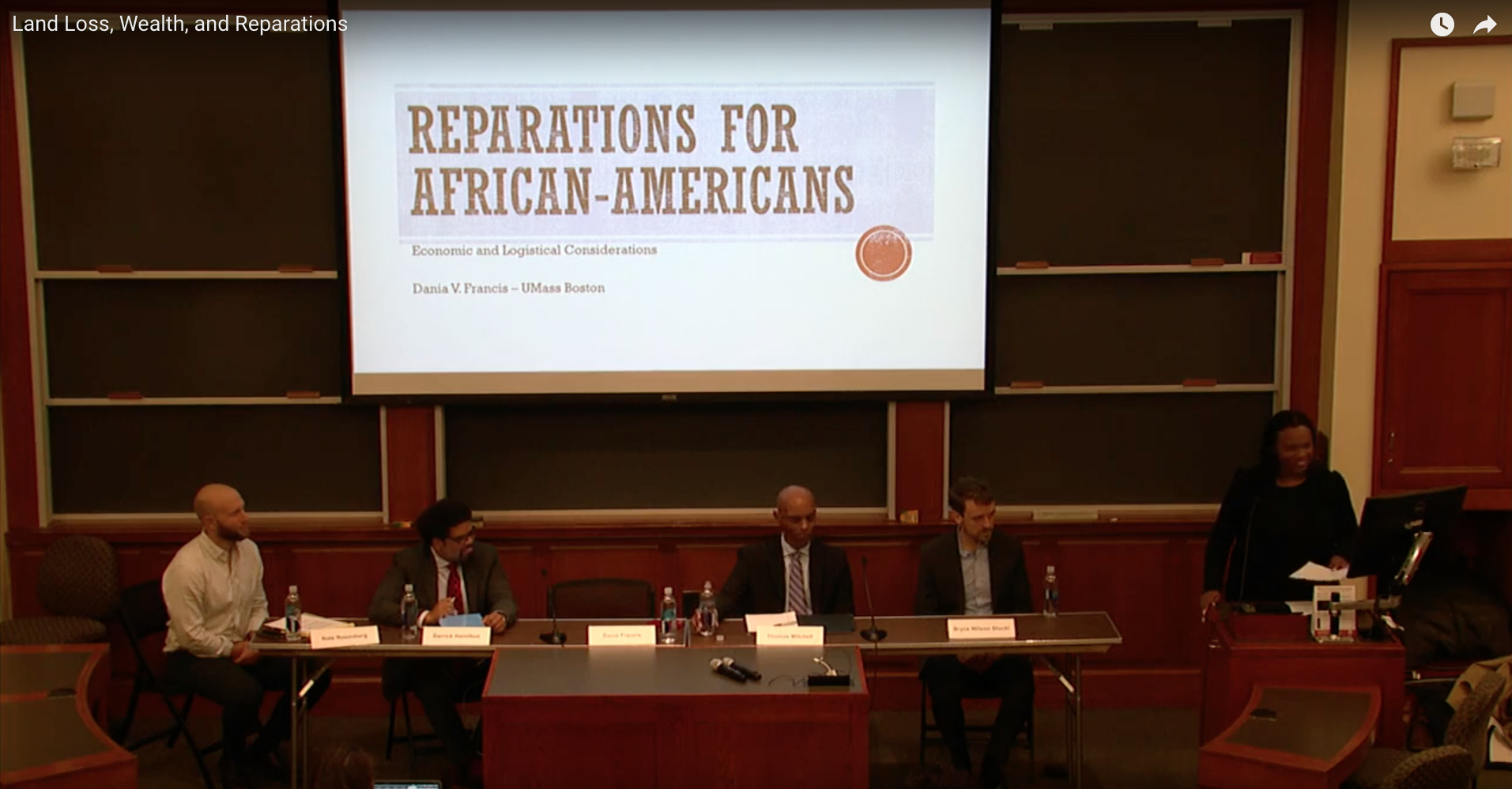 | | (Video recording) This panel, hosted by FLPC, featured a critical discussion of land loss historically experienced by black farmers, its impact on racial wealth inequality, and efforts to address these disparities through legal reform, policy initiatives, and reparations. | | | 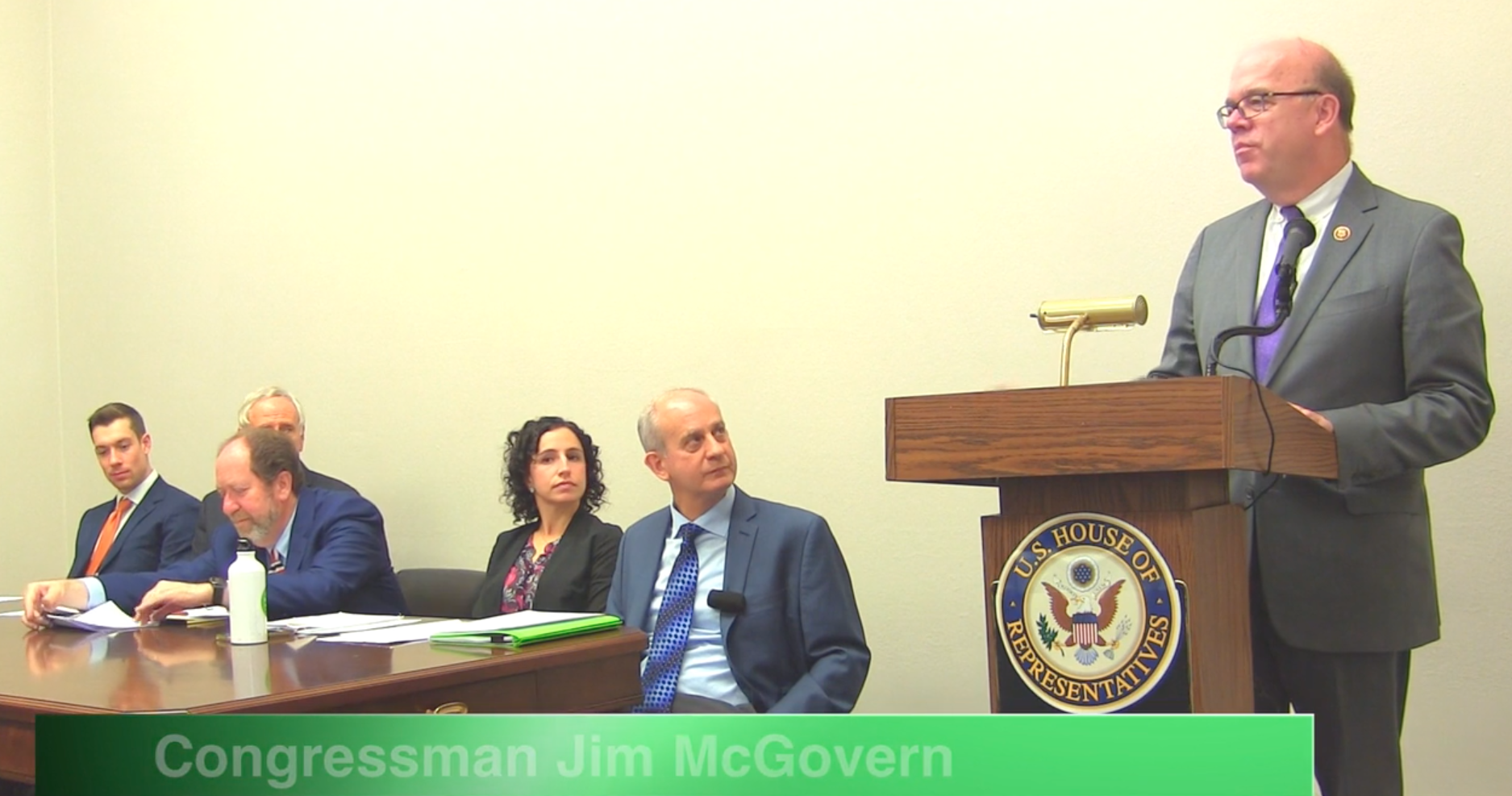 | | (Video recording) FLPC cohosted a Congressional Briefing addressing the health and fiscal consequences of inadequate nutrition education for physicians, the impact of this deficiency on population health, and the range of possible policy actions readily available to Congress to change the status quo. | | | | | | | | FLPC is now accepting applications for our 2020 Summer Internship program! This year the program will run from 5/18/20 to 7/24/20 in Cambridge. The deadline to apply is 1/20/20, but acceptance is on a rolling basis, so early applicants are encouraged! Learn more & apply online | | | FLPC Announcements - FLPC welcomes three new staff members:
| | | | | | | | 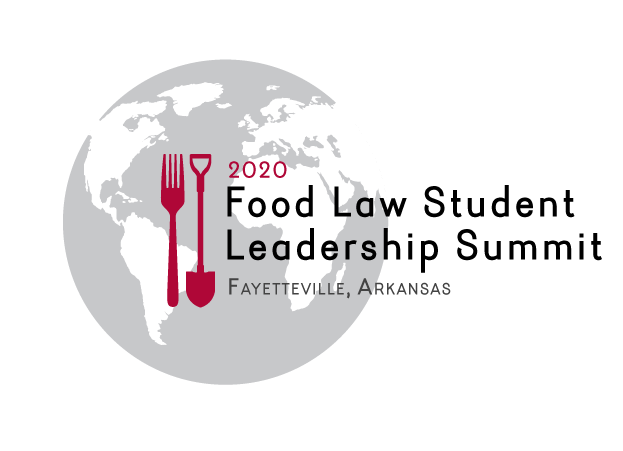 | Apply Now for the 2020 Food Law Student Leadership Summit The annual Food Law Student Leadership Summit convenes approximately 70 students from law schools around the country and nationally-renowned food law faculty, practitioners, and expert speakers to gather and discuss the most pressing issues in food law, allowing attendees to deepen their understanding of key food law and policy issues and establish lasting connections with other dedicated law students. The 2020 Summit will be held February 28 – March 1st in Fayetteville, Arkansas at the University of Arkansas School of Law. It is co-hosted by the University of Arkansas LL.M. Program in Agricultural and Food Law and the Food Law and Policy Clinic at Harvard Law School, with support from the National Food Law Student Network. Hotel accommodations and all meals in Fayetteville will be provided for all admitted Summit participants. A transportation stipend will be provided to cover a portion of participants’ travel costs. Applications will be reviewed on a rolling basis beginning in November and students are encouraged to apply early. Admitted students will be notified in December and January. Please email any questions to flsls@law.harvard.edu. | | | | | | | | The Harvard Law School Food Law and Policy Clinic (FLPC) serves partner organizations and communities by providing guidance on cutting-edge food system issues, while engaging law students in the practice of food law and policy with a focus on increasing access to healthy foods, supporting sustainable production and regional food systems, and reducing waste of healthy, wholesome food. Learn more about FLPC. | | | | | | | |